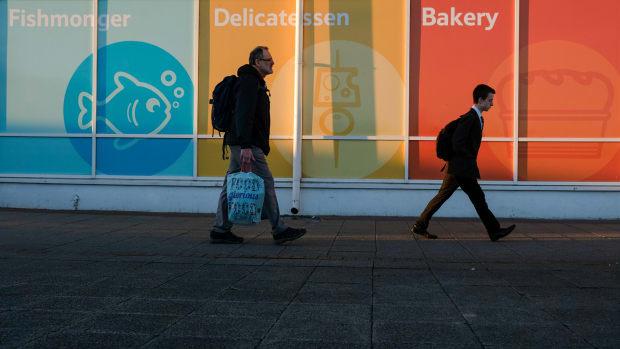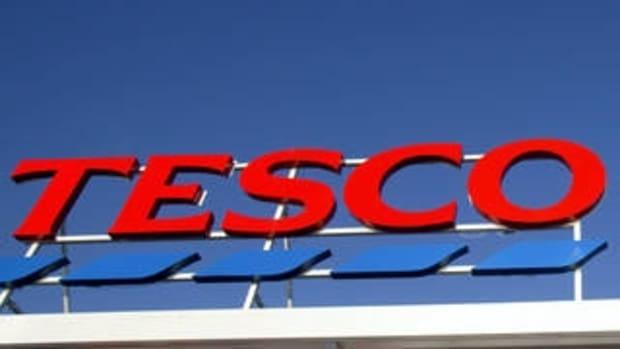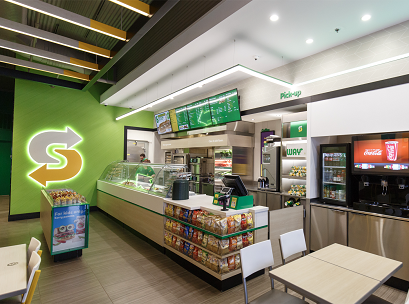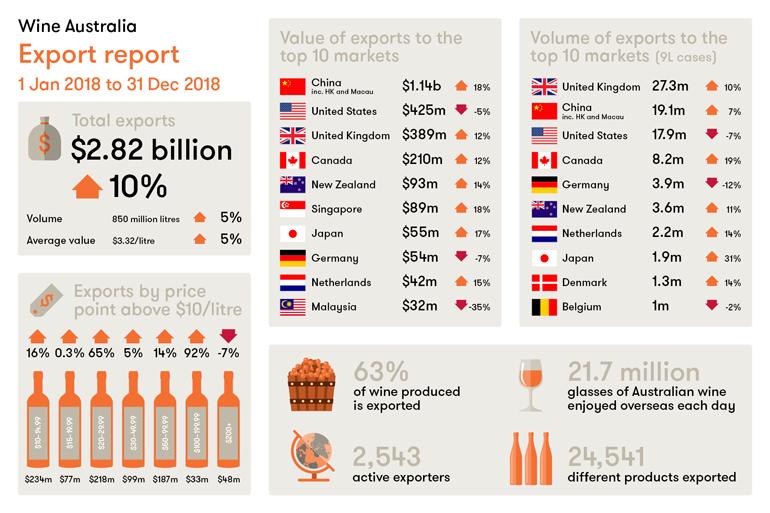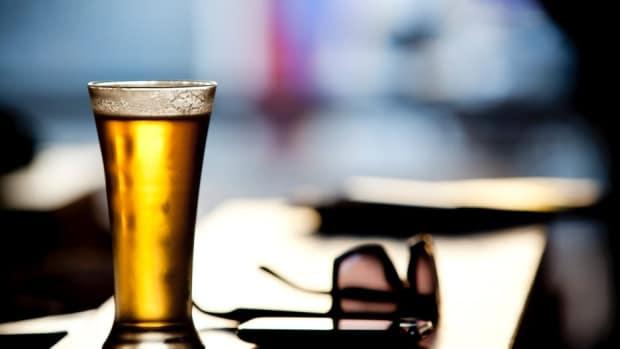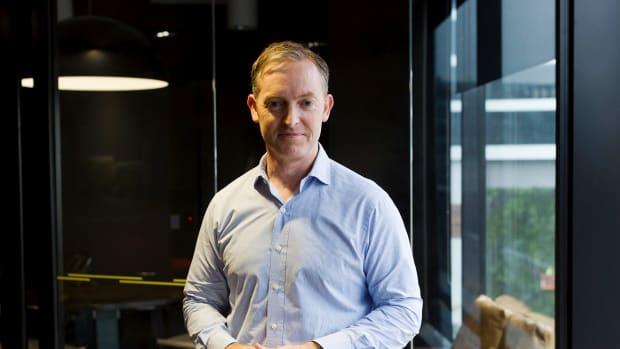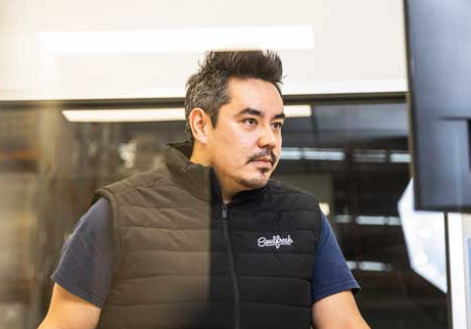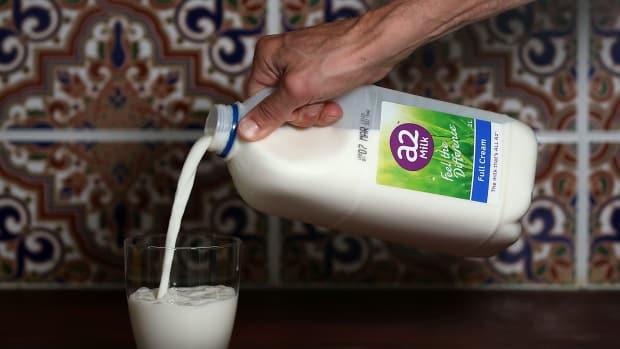
A2 Milk is on of three new stocks added to a concentrated and highly regarded 49-year-old global portfolio known as the Sequoia Fund run by New York-based value manager Ruane, Cunniff & Goldfarb.
The addition was disclosed in the manager's investment letter of January 28 which shows the strategy owns just 23 stocks that meet its "open-minded approach to value". That means an emphasis on quality and growth and has led Sequoia to invest in stocks such as Alphabet, Berkshire Hathaway and Liberty Media.
Sequoia was attracted to A2 because it has "an unusually long story behind it". The fund manager acknowledges the theory that some populations of cows thousands of years ago developed a genetic mutation which affected the protein passed through their milk.
Sequoia thinks A2 can be as effective branding milk as Chobani has been marketing Greek-style yoghurt. Brendon Thorne
"While this is far from settled science, some researchers and nutritionists believe that because people have only been drinking A1-bearing milk for a relatively short period by evolutionary standards, our bodies have a harder time digesting it than 'pure' A2 milk," the manager wrote.
But for the purposes of mounting an investment case, Sequoia thinks A2 can be as effective branding milk as Chobani has been marketing Greek-style yoghurt.
"A good analogy here is Greek yoghurt, which is believed in some quarters to confer health benefits you can't get from regular yoghurt," the letter explains. A2-protein milk is a commoditised product, like yoghurt
"A2 Milk is attempting to do the same thing, to great effect thus far. Riding powerful consumer trends favouring products perceived to be healthy and natural, A2 has become the leading premium milk brand in Australia while making rapid inroads into the massive and quality-obsessed infant formula market in China.
"An effort to penetrate the US milk market is also showing early promise."
This won't be news to New Zealand and Australian investors who are familiar with the A2 story since it was floated in 2015 on the ASX, and in 2012 on the NZX main board. Since then the stock has ridden the Chinese consumption boom because of demand for its infant formula. A2 shares closed at $11.62 on the ASX on Tuesday.
"Notwithstanding its remarkable success to date, A2 remains a young company, and much will depend on whether management can navigate a thorny distribution landscape in China, solidify the positioning of an embryonic brand and exploit growth opportunities in new geographies and product lines," Sequoia argued.
"With good execution, particularly in China, we think A2 could become a much larger business than it is today, more than justifying the statistically high price-earnings ratio we paid for our shares."
The other stocks it added were Electronic Arts and Melrose.
A co-founder of Ruane Cunniff, the late Bill Ruane, was a long-time friend of Warren Buffett. The strategy stumbled on account of a massive stake in Valeant Pharmaceuticals which ended a celebrated winning streak for the investment manager. Valeant nearly collapsed in 2016, , under the weight of an accounting scandal, and has since reinvented itself as Bausch Health.


